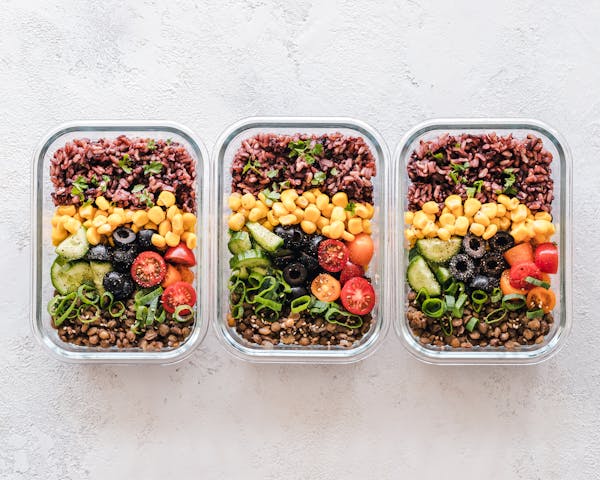The culinary world has witnessed a transformation as plant-based diets gain popularity, and vegan cheese has emerged as a rising star in the food industry. Made from ingredients like nuts, soy, coconut oil, and even potatoes, vegan cheese is challenging traditional dairy cheese in taste, texture, and versatility. Here’s a closer look at the evolution of vegan cheese, its impact on the market, and how it stacks up against its dairy counterpart.

1. The Growth of the Vegan Cheese Market
The global vegan cheese market has been growing rapidly, driven by increasing awareness of health, environmental sustainability, and animal welfare. According to market research, the vegan cheese industry is projected to exceed billions of dollars in value by the next decade. Major players, including established dairy brands and innovative startups, are investing in plant-based alternatives to meet rising consumer demand.
2. What Is Vegan Cheese Made Of?
Unlike traditional cheese, which relies on milk, rennet, and bacterial cultures, vegan cheese is made using plant-based ingredients combined with modern food technology to mimic the texture and flavor of dairy cheese. Common bases for vegan cheese include:
- Nuts and Seeds: Cashews, almonds, and sunflower seeds are popular for their creamy texture.
- Soy: Often used for its protein content and versatility.
- Coconut Oil: Provides richness and fat, crucial for replicating dairy cheese.
- Starches: Tapioca, potato, and other starches contribute to meltability and stretchiness.
3. How Vegan Cheese Compares to Dairy Cheese
Taste and Texture
Early vegan cheeses were often criticized for their chalky texture and lack of flavor. However, advancements in food science have produced cheeses that closely resemble dairy options in taste, texture, and meltability. Brands like Miyoko’s Creamery, Violife, and Kite Hill are renowned for their artisanal vegan cheeses that deliver complex flavors.
Nutritional Value
Vegan cheese is often lower in saturated fat and cholesterol compared to dairy cheese, making it a heart-healthier option. However, some varieties may lack the protein and calcium levels of traditional cheese unless fortified.
Environmental Impact
Producing vegan cheese requires significantly fewer resources than dairy cheese. It reduces greenhouse gas emissions, land use, and water consumption, aligning with the goals of environmentally conscious consumers.

4. Popular Types of Vegan Cheese
Vegan cheese comes in a variety of styles to suit different culinary uses:
- Cheddar and Mozzarella Alternatives: Ideal for pizzas, burgers, and sandwiches.
- Cream Cheese: Perfect for bagels and dips.
- Aged Artisan Cheeses: Designed for cheese boards and wine pairings.
- Spreadable Options: Great for crackers or as a base for sauces.
5. Challenges Facing Vegan Cheese
Despite its success, vegan cheese faces challenges in achieving widespread acceptance. Price remains a barrier, as vegan cheese often costs more than traditional cheese. Additionally, consumers unfamiliar with plant-based diets may find it difficult to transition if the taste or texture doesn’t meet expectations.
6. The Role of Big Brands and Startups
Both startups and traditional dairy companies are contributing to the vegan cheese revolution. Established brands like Daiya paved the way, while newer companies like Miyoko’s Creamery and artisan makers focus on premium, small-batch products. Even large dairy corporations, like Danone, are entering the market with plant-based lines to cater to evolving consumer preferences.
7. The Future of Vegan Cheese
With ongoing innovations in fermentation technology and ingredient sourcing, the future of vegan cheese looks promising. Advances like precision fermentation, which uses microorganisms to create milk proteins without animals, could further narrow the gap between vegan and dairy cheeses.
8. How to Incorporate Vegan Cheese Into Your Diet
- Pizza Night: Try a melty vegan mozzarella.
- Cheese Boards: Pair vegan brie or cheddar with fruits and nuts.
- Pasta Dishes: Use creamy vegan parmesan for a dairy-free twist.
- Snacks: Spread vegan cream cheese on bagels or crackers.
Conclusion
The rise of vegan cheese reflects broader shifts in consumer preferences toward plant-based, sustainable, and health-conscious eating. As innovation continues to improve taste and texture, vegan cheese is not only appealing to vegans but also attracting flexitarians and curious food lovers. With its growing availability and variety, vegan cheese is carving out a permanent place in the market and redefining the way we think about cheese.














